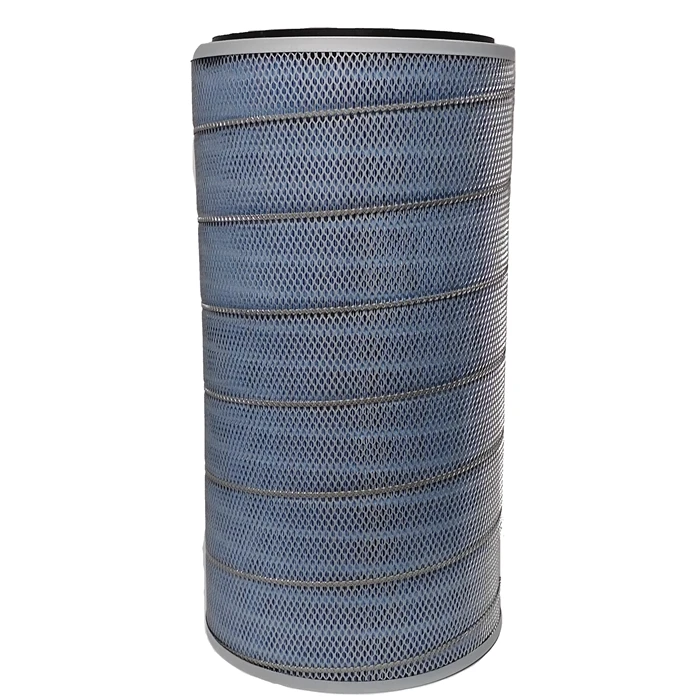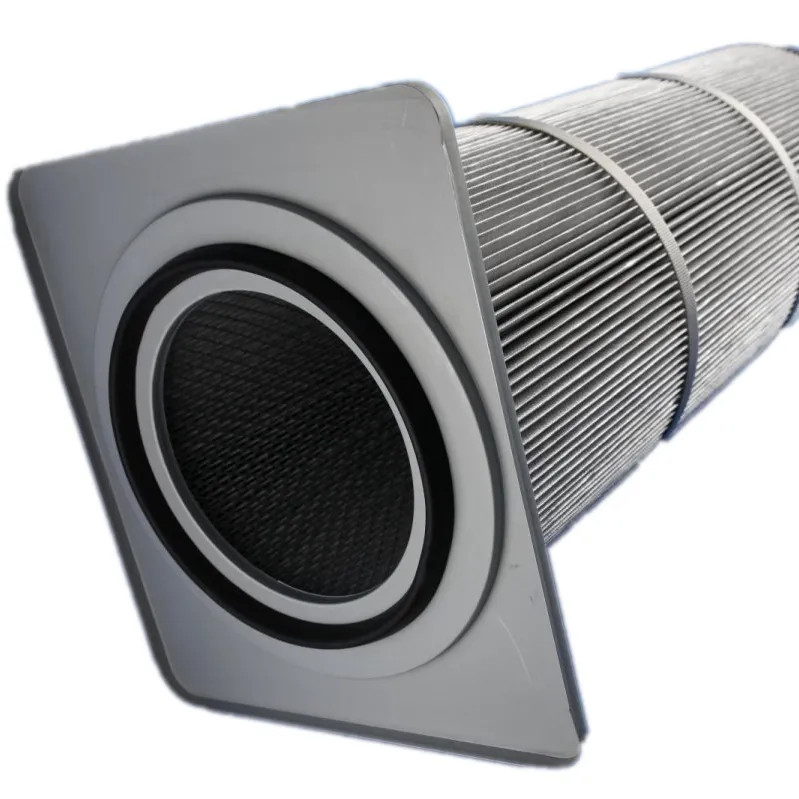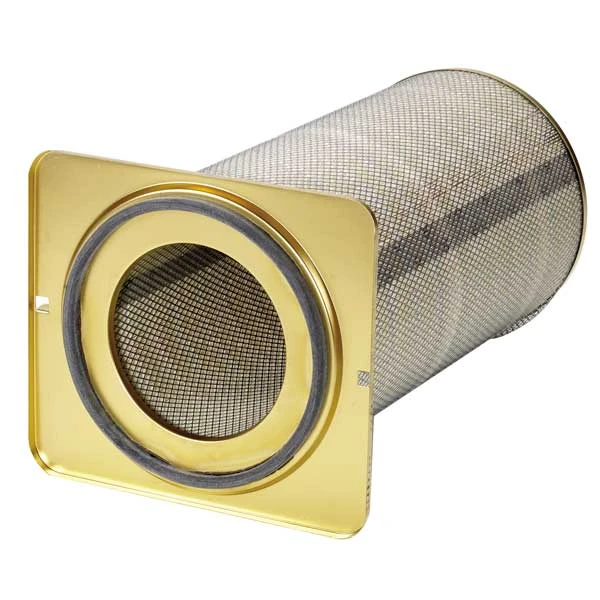 Tel:
+8618931101301
Tel:
+8618931101301
Nov . 24, 2024 10:11 Back to list
gas turbine air intake filter
Understanding Gas Turbine Air Intake Filters
Gas turbines play a critical role in various industries, particularly in power generation and aviation. They convert the energy stored in fuel into mechanical energy through the combustion process. The efficiency and performance of gas turbines are heavily reliant on various components, one of which is the air intake filter. This article delves into the significance of air intake filters in gas turbine systems, their functions, types, maintenance, and the latest advancements in filtration technology.
The Role of Air Intake Filters
Air intake filters are an essential component of gas turbine systems. They serve the primary purpose of filtering out particulates and contaminants from the air before it enters the combustion chamber. Clean air is crucial for optimal combustion and turbine performance. Contaminants such as dust, pollen, soot, and salt can damage the turbine blades, leading to reduced efficiency, increased fuel consumption, and higher maintenance costs.
By ensuring that only clean air enters the engine, air intake filters enhance the turbine's operational lifespan and maintain its efficiency. This is especially important in environments with high levels of airborne contaminants such as industrial sites, coastal areas, and desert regions.
Types of Air Intake Filters
Air intake filters for gas turbines come in various configurations and materials, each suitable for specific applications
. The most common types include1. Panel Filters These are flat filters that can be easily installed and replaced. Typically made from synthetic fibers or fiberglass, they efficiently capture larger particles and provide a high flow rate.
2. Bag Filters Bag filters are designed to handle higher dust loads. They have a larger surface area and can capture finer particles than panel filters. This type is particularly useful in applications where air quality is of utmost importance.
3. Pre-filters Often used in conjunction with primary filters, pre-filters are designed to capture larger particles, extending the life of the primary filter and reducing pressure drop. They are usually low-cost and easy to maintain.
4. HEPA Filters High-Efficiency Particulate Air (HEPA) filters are capable of capturing 99.97% of particles that are 0.3 microns or larger. While they are more expensive, their use in critical applications can result in significant cost savings in maintenance and efficiency.
gas turbine air intake filter

5. Activated Carbon Filters These filters are used in environments where odors and chemical vapors are a concern. The porous structure of activated carbon allows it to adsorb contaminants effectively, providing a cleaner air supply to the turbine.
Maintenance and Best Practices
Regular maintenance of air intake filters is crucial for ensuring optimal gas turbine performance. Filters should be inspected according to a predetermined schedule based on operating conditions. Key practices include
- Visual Inspection Regularly checking filters for overt signs of dirt accumulation, damage, or wear.
- Pressure Drop Monitoring Measuring the pressure drop across the filter can help determine when it needs replacement. A significant increase in pressure drop indicates a clogged filter that can impede airflow.
- Replacement Filters should be replaced as recommended by manufacturers or when monitoring indicates that they are no longer functioning efficiently.
- Cleaning Some filters can be cleaned and reused, depending on the type and manufacturer specifications.
Innovations in Filtration Technology
With advancements in technology, modern air intake filters now utilize sophisticated materials and designs to enhance performance. Nanotechnology, for example, is being integrated into filter designs to improve particle capture efficiency while allowing for greater airflow. Moreover, smart sensors are now being incorporated into filtration systems, providing real-time data on filter performance and advising maintenance schedules based on actual operating conditions.
In conclusion, air intake filters are an indispensable part of gas turbine systems, ensuring efficient operation and protection from contaminants. Understanding their function, types, and maintenance needs is vital for operators to enhance turbine performance and longevity. As technology continues to evolve, the future of air filtration in gas turbines looks promising, with innovations aimed at achieving even better efficiency and reliability.
-
Cold knowledge of air filters: Why are some designed to be pleated?NewsJun.16,2025
-
Factory direct supply! High-precision air filter element wholesale and customizationNewsJun.12,2025
-
A complete analysis of the practical value of activated carbon filtersNewsJun.10,2025
-
Why are high iodine coconut shell activated carbon filters more durable?NewsJun.06,2025
-
Gas Turbine FilterNewsJun.06,2025
-
Filter TurbineNewsJun.06,2025

 Email:
Email:





